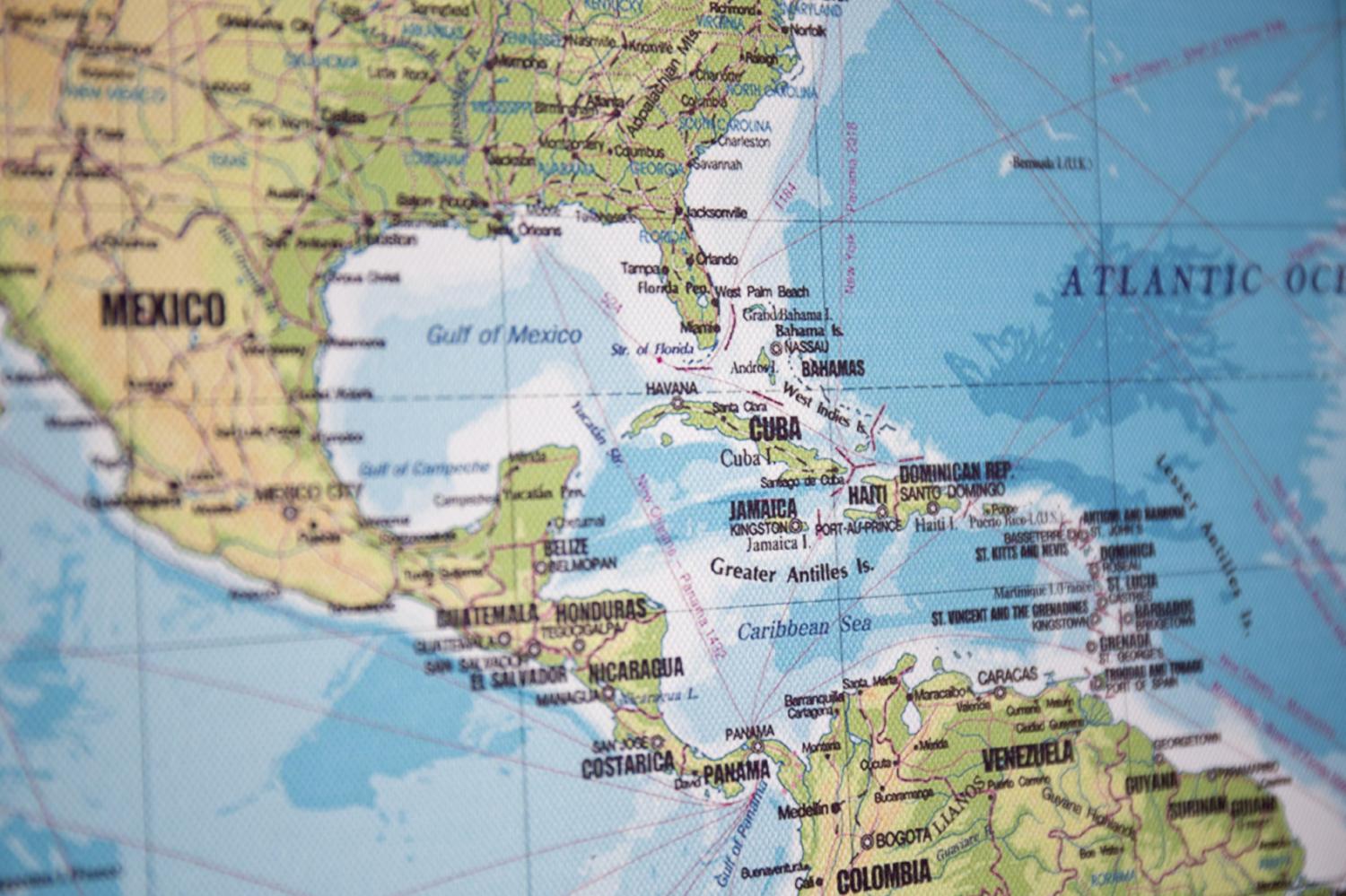Nicaragua and Curacao are the latest countries to report local Zika virus spread, with Colombia reporting a rise in Guillain-Barre syndrome (GBS) cases that appear to be linked to the infections, a pattern seen in some of the other affected countries.
In other developments, new details emerged about possible Zika virus vaccine candidates and their timelines, as experts warned that Zika virus poses a much different threat than Ebola, requiring a different type of response, focusing on research and messaging.
24 regions now affected
The Pan American Health Organization (PAHO) today added Nicaragua to its list and map of countries where Zika virus is circulating. A machine-translated health ministry statement from Jan 27 said cases involve two women ages 41 and 23, both from Managua.
The country reported its third case on the same day, in another Managua resident. The discovery of the cases prompted the country to call a specialist conference meeting, held today to discuss the spread of dengue, chikungunya, and now Zika, over the past 5 years.
Meanwhile, an update on the outbreak today from the European Centre for Disease Prevention and Control (ECDC) said the first locally transmitted cases have been detected in Curacao, an independent state off the coast of Venezuela that is affiliated with the Netherlands. The country is reporting sporadic transmission in the wake of recent introduction.
Curacao confirmed its first locally transmitted case yesterday, according to the ECDC.
Colombia reports possible GBS links
Health providers in Colombia are reporting a sharp rise in GBS cases that appear to be linked to Zika virus, the UK-based Guardian reported yesterday.
Neurologic syndromes were reported in Zika outbreaks in French Polynesia in 2013 and 2014, and recently in Venezuela.
Except for the strongly suspected link between maternal Zika virus infection and microcephaly in newborns, the illness is generally mild for most of the population, but Colombia's report heightens concerns about possible complications from the disease.
Health Minister Alejandro Gaviria told the newspaper that GBS cases increased substantially over the last week, from about 15 to now "hundreds." He said one neurologist in the northern city of Cartagena reported that he typically sees three GBS cases a year, but is now seeing that many in one day.
Latest vaccine projections
Two media reports today that dug into the prospects of how soon a Zika virus vaccine can be developed had different perspectives, one describing a product from a Canadian team that its leader said might be available for emergency use by the end of the year and the other airing input from experts on the traditional approval and use route, which could take much longer.
The first report, from Reuters, describes an international collaboration led by Gary Kobinger, MD, of Canada's National Microbiology Laboratory in Winnipeg. He told Reuters that the first stage of testing could start as early as August and, if successful, could lead to use of the vaccine on an emergency basis in October or November.
Kobinger added that the vaccine is easy to produce and could be made in large quantities in a short time.
Yesterday at a media briefing, Tony Fauci, MD, director the National Institute of Allergy and Infectious Diseases (NIAID), said researchers have two key prospects, one of which is a DNA-based vaccine that might be able to enter phase 1 trials by the end of the year, but won't be available for the next few years.
The second report, from Stat, based on interviews with several experts, said developing a Zika virus vaccine faces various challenges, such as ensuring that the candidate doesn't trigger GBS complications. They and other sources have projected a longer timeline factoring in phase 2 and 3 studies, plus regulatory approval, which could take anywhere from 5 to 7 years to as long as 10 to 15 years.
Experts also told Stat that funding the vaccines is a challenge, not just for Zika virus, but for other public health threats as well.
See also:
PAHO list of affected countries and territories
Jan 29 ECDC epidemiologic update
Jan 27 Nicaragua health ministry statement on first two cases
Jan 27 Nicaragua health ministry statement on third case
Jan 28 Guardian story
Jan 29 Reuters story
Jan 29 Stat story
Jan 28 CIDRAP News story "Feds say US unlikely to see explosive Zika spread"





















